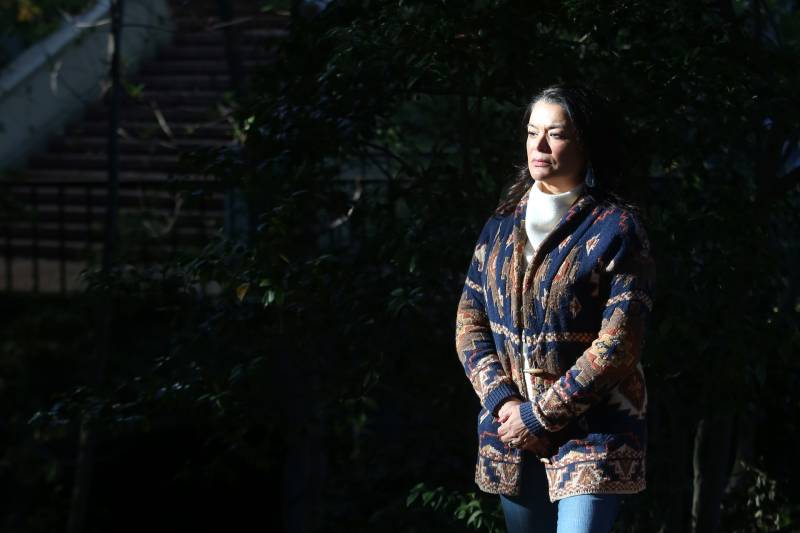Native American tribes in California can apply for money to help buy back lands they lost during colonization, the California Natural Resources Agency announced Monday.
The intention of the $100 million Tribal Nature-Based Solutions grant program is to advance the state’s climate goals by giving tribes the opportunity to buy land for conservation and cultural projects.
“The purpose of the grant program really is to strengthen our partnerships with tribes in the natural resources conservation and environmental space,” said Geneva Thompson, Deputy Secretary of Tribal Affairs for the agency. The grant program is part of a broader strategy in Gov. Gavin Newsom’s administration to promote “nature-based” solutions to climate change, such as the 30×30 plan to conserve 30% of California’s lands and coastal waters by 2030.
